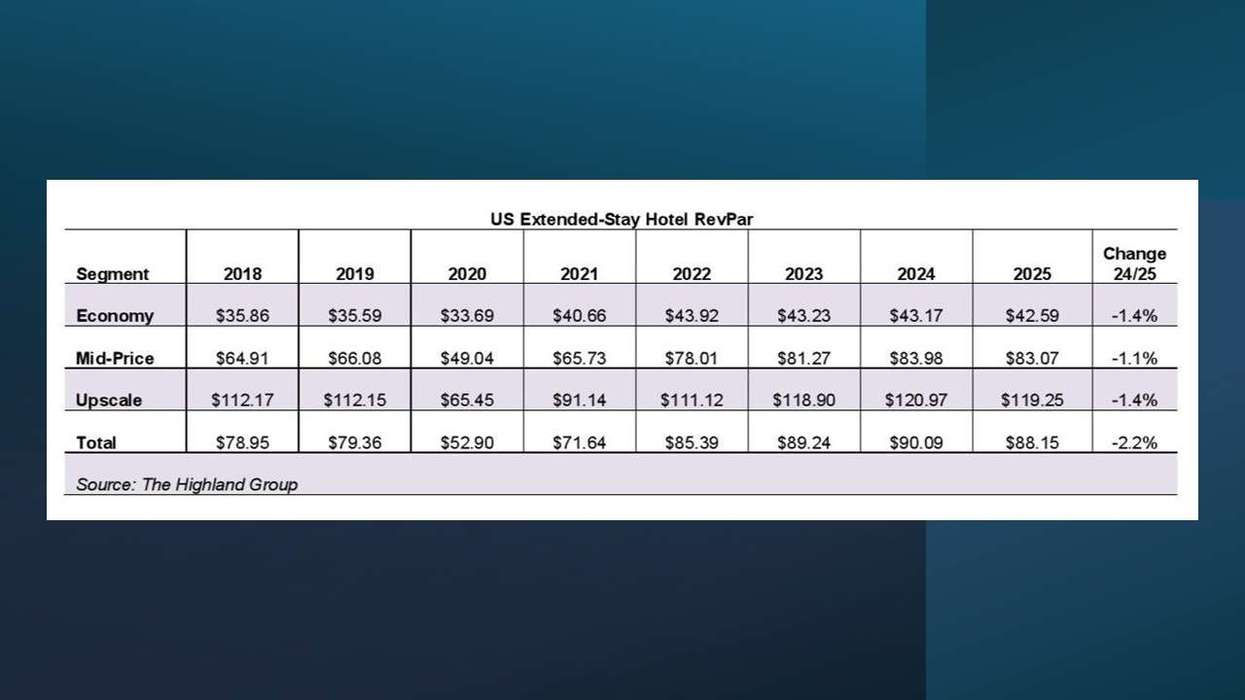THE U.S. DEPARTMENT of Labor has updated the Fair Labor Standards Act to clarify the definition of joint-employer status. It is the first major update to FLSA in 60 years and addresses an issue that has been a point of concern for the hospitality industry.
Companies and individuals that are considered joint employers, meaning they are jointly and severally liable for employees’ wages, are required under FLSA to pay a federal minimum wage plus overtime. The new Labor Department rule first announced in April essentially establishes a four-factor test based on precedent to determine if two entities meet standards that make them joint employers of a shared labor pool.
The test would establish if each company has the power to hire or fire shared employees; supervise and control the employees schedules and work conditions; determine the employees’ rate and method of payment; and maintain the employees’ employment records.
Other factors that may affect joint-employer status are defined in the new rule while specific business models, contractual agreements and business practices that do not make joint employer status more or less likely are included.
“The changes in this final rule break down barriers that keep companies from constructively overseeing, guiding and helping their business partners,” said Cheryl Stanton, the Labor Department’s wage and hour division administrator, in a statement. “For small business owners, and the employees working in those businesses, the relationship and the guidance coming from franchisors and other contracting companies can greatly improve the workplace and help them create jobs.”
A lack of clear standards on joint-employer status has slowed business development and new hiring out of concern by franchisors that they may be assuming responsibility for a franchisee’s employees, said AAHOA President and CEO Cecil Staton in a statement supporting the new rule.
“Over 80 percent of AAHOA members own franchised properties. The franchise business model continues to serve as an onramp to economic empowerment for America’s entrepreneurs,” Staton said. “Returning to the traditional joint employer standard gives owners the peace of mind that they will remain in control of their businesses.”
Much of the confusion over joint-employer status followed a series of decisions by the National Labor Relations Board that is still considering its own rules to clarify joint-employer status. The board’s definition of joint-employer status has been in limbo since Feb. 26, 2018, when the NLRB vacated its 2017 decision in Hy-Brand Industrial Contractors Ltd. and Brandt Construction Co. in response to a court finding that one of the board members had a conflict of interest in that case. As a result, the board’s definition on joint employers under the National Labor Relations Act and the Fair Labor Standards Act reverts to the 2015 Browning-Ferris Industries case, which the Hy-Brand decision had overruled.
On Dec. 28, the U.S. District of Columbia Circuit Court of Appeals’ ruling upheld NLRB’s joint-employer test defined in its 2015 Browning-Ferris decision, saying it was correct to find that a company’s “right to control and indirect control” could be considered in deciding its joint-employer status. At the same time, it sent the issue back to the board for consideration over the scope of the definition of indirect control.





